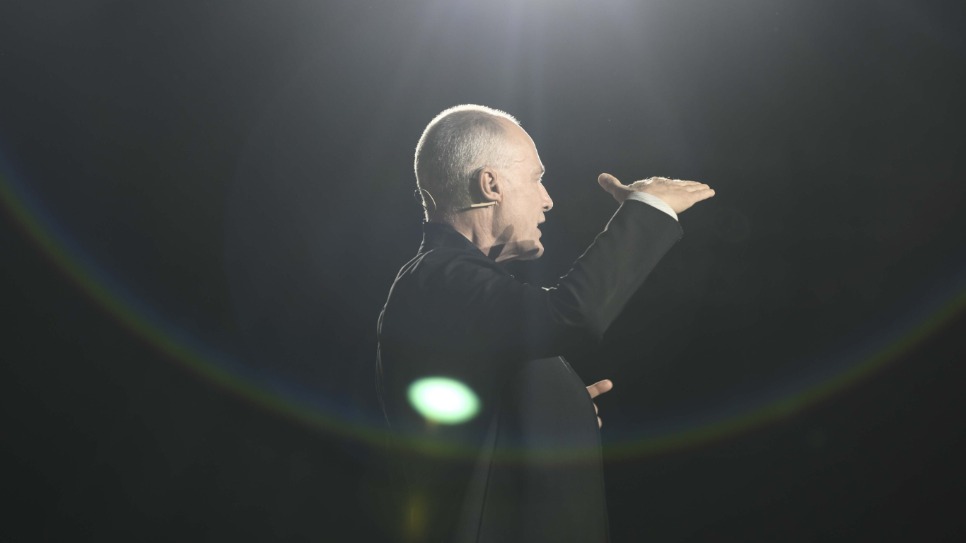Opinion
"Those who think it’s impossible are asked not to disturb those who are trying"

This article was first published in Le Temps, in response to an article advocating for the end of the clean-aviation dream.
It is more than necessary to combat the CO2 emissions produced by aviation, but this assurance that clean aviation is impossible seems to me to be a simple mistake, a mere repetition of the past.
In the 1860s, the London Patent Office declared that everything that could be invented had already been invented. Specialists had calculated that an aircraft heavier than air could never fly, and then that it could never cross an ocean. It was thought that because there would never be enough antennas the generalisation of mobile phones would be impossible. Experts predicted a maximum of 4 computers in the world. And now we're being told that it will be impossible to make aviation cleaner.
It's becoming a habit!
I'm told that Solar Impulse was useless, and that Climate Impulse is nothing more than an explorer's delusion and a dying industry throwing its last pawns into the battle.
Solar Impulse never set out to show a way of decarbonising aviation, or to make people believe that solar power could be considered commercially viable in this sector. We had one goal, and we have fully achieved it: to demonstrate that renewable energies and clean technologies could make it possible to achieve objectives considered impossible. Remember that at the start of the project, photovoltaics were anecdotal and cost 40 times more than it does today. Since then, the success of the Solar Impulse Foundation, which has identified and promoted 1600 efficient solutions, is proof that the message was right, despite the detractors. This legacy has far surpassed the initial intention and is now enabling us to go one step further with Climate Impulse, the first non-stop round-the-world flight in a green hydrogen aircraft.
Aviation has proved that it can be disruptive, but it has fallen a little asleep. The role of environmental activism should be to wake it up, not clip its wings. NASA was already using 60 years ago liquid hydrogen in its space capsules. Don't tell us that it's impossible to do the same for an aircraft. Climate Impulse will try to stabilise this green fuel at -253 degrees for 9 days, and this will have crucial repercussions for the industry.
Decarbonisation will take time, and we have to start by including the CO2 charge in the price of tickets, and of course reducing the frenzy to fly simply because it's cheap, and urgently improving procedures and operations. But wanting to ban aviation, in addition to the chaos it would create, is completely utopian, in Europe and a fortiori in the rest of the world, which is not asking for anything else than to develop further. Let's be serious! Rather let's commit to what today's solutions - renewable energies and hydrogen in particular - can enable us to achieve.
I'm very angry with those who keep people, and young people in particular, in a state that ruins their ability to act. As much as an open-air laboratory, Climate Impulse represents a battle against defeatism and scepticism, which lead people to believe that there is no way out other than sacrifice and regression. So this debate goes far beyond aviation. It's about the mindset we should be adopting: that of the pioneer who puts solutions rather than problems first, realism rather than ideology, and a refusal to see anything we don't know yet as impossible.
I sincerely believe in clean aviation. I could be wrong, but I'm not afraid to try. As for the sceptics, what advantage do they find in closing the field of possibilities? Don't they run the risk of becoming grounded while progress takes off?
Let's remember this quote, for the current debate: "Those who think it's impossible please do not bother those who are trying...".
Bertrand Piccard,
Climate Impulse Chairman

